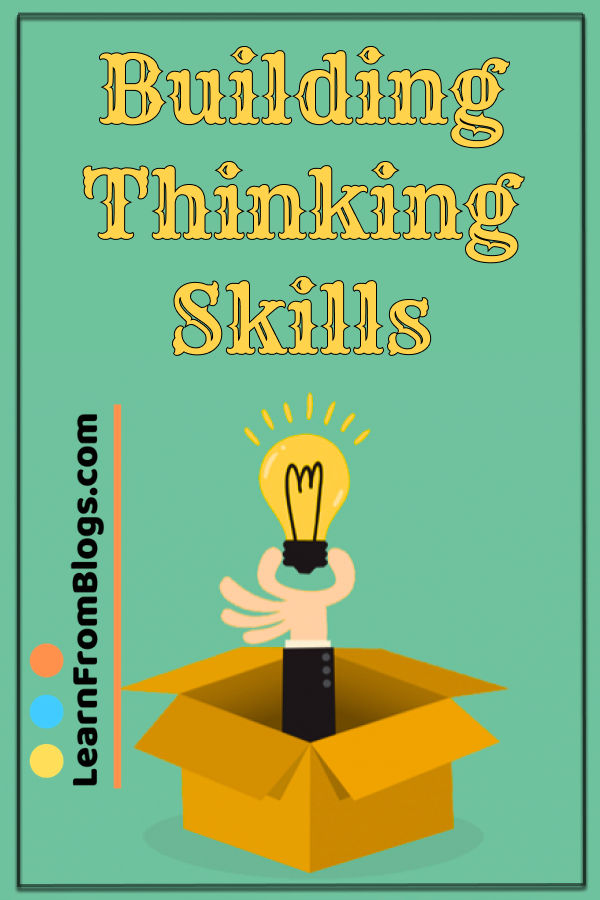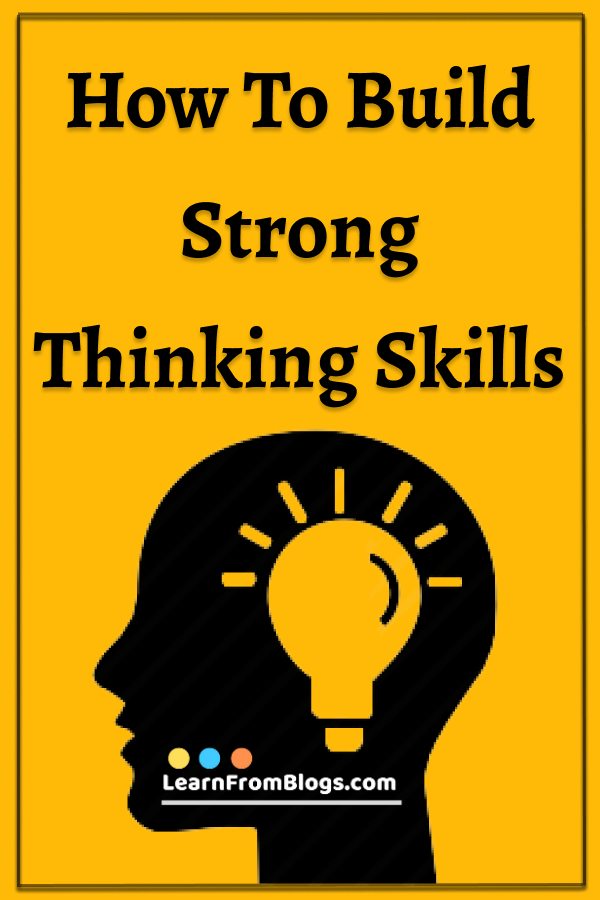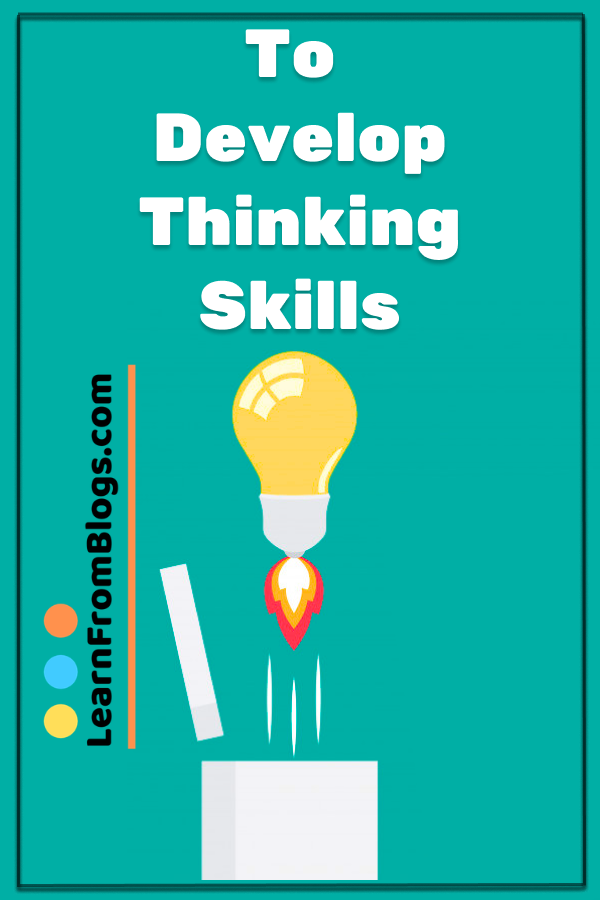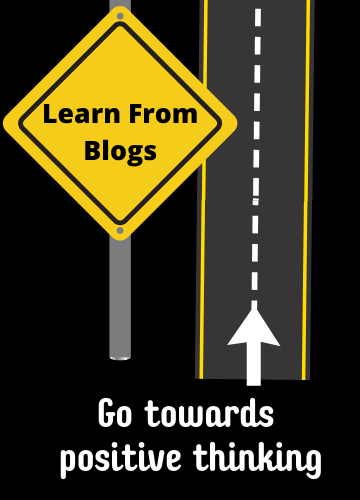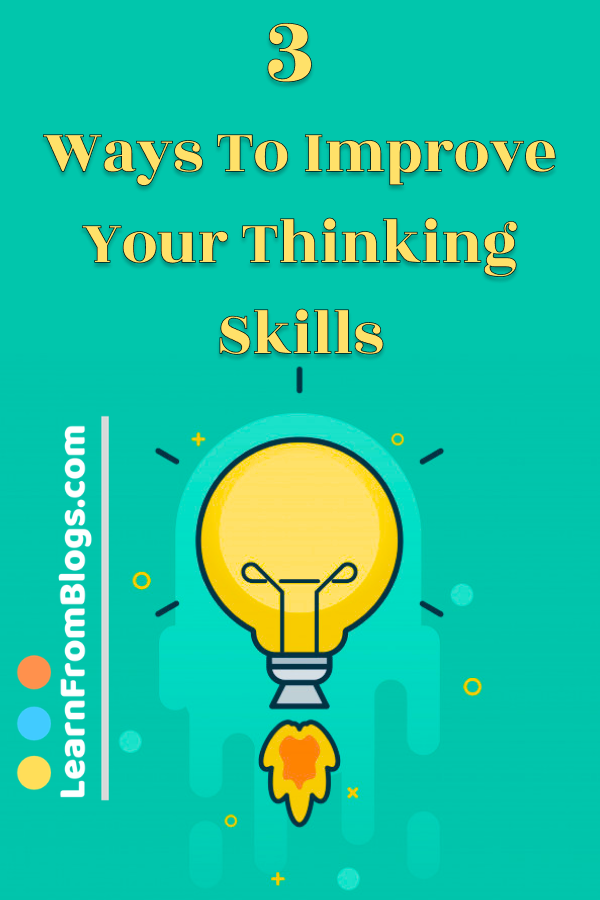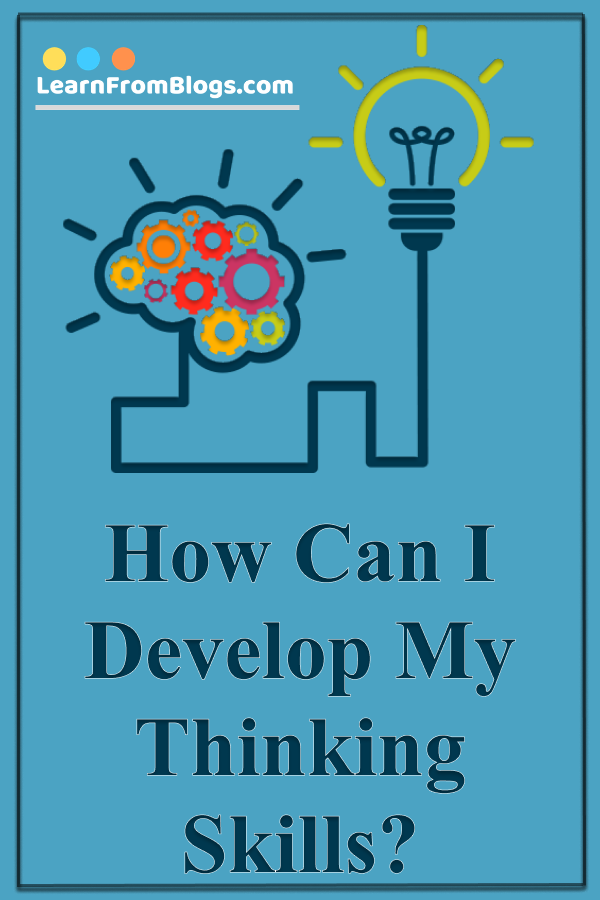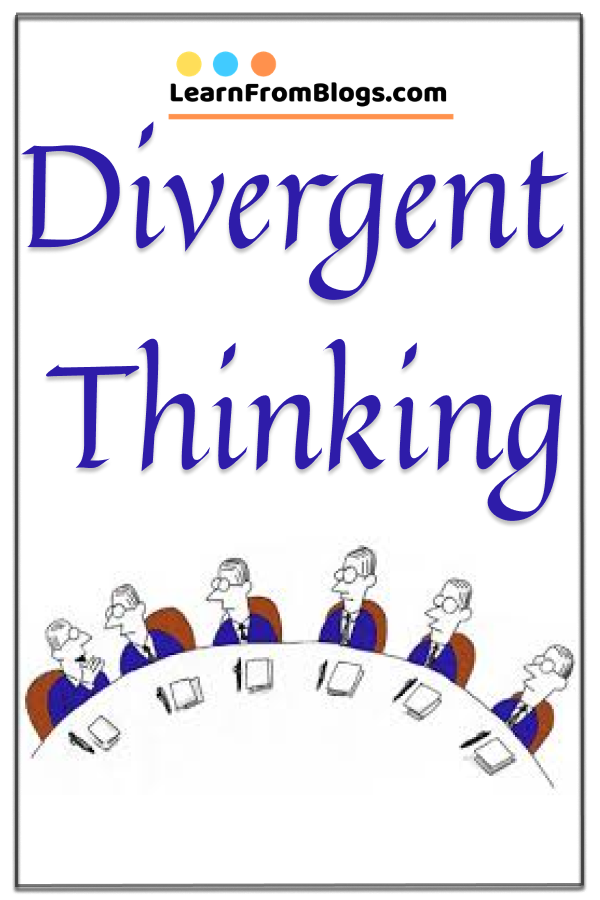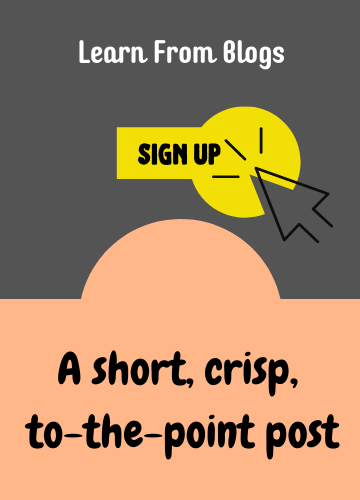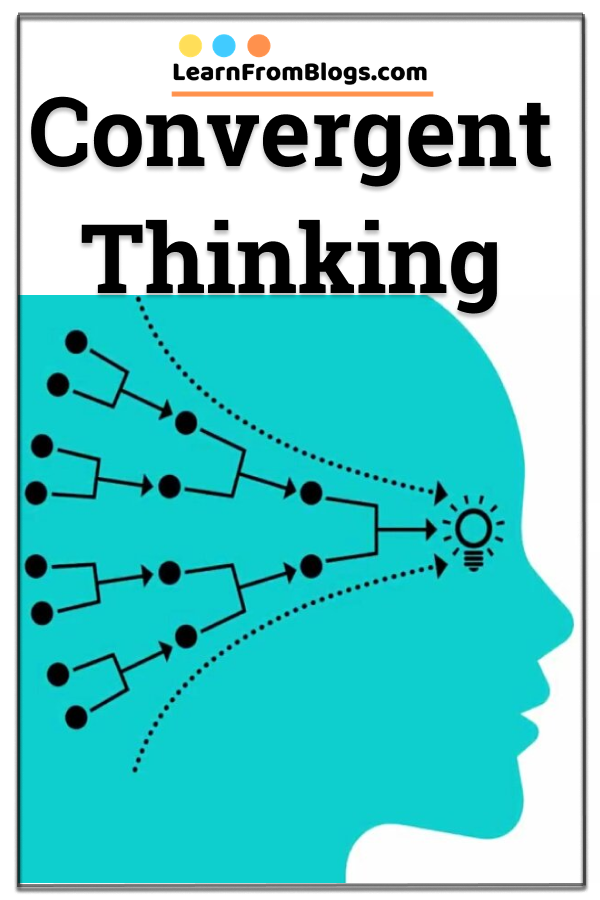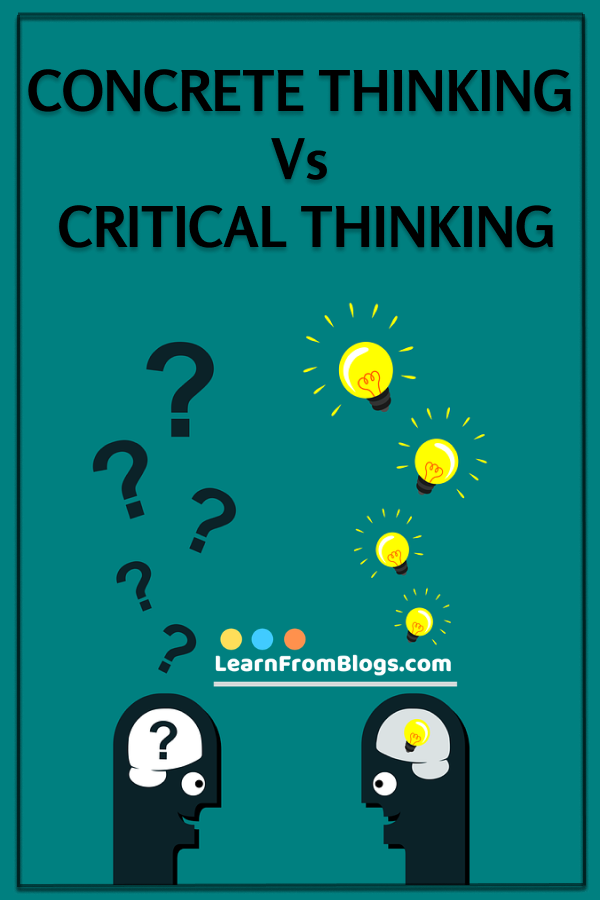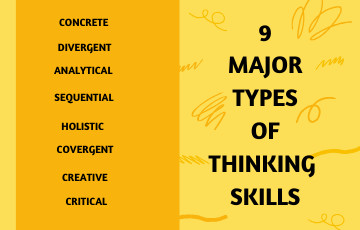
Explore the 9 major types of thinking skills essential for problem-solving and decision-making. Enhance your cognitive abilities for success.
1. Analytical Thinking:
Analytical thinking skill is your ability to analyze a given the problem, or situation step by step. You perform a complete analysis of all possible ways to interpret the situation/problem before you.
2. Divergent Thinking:
In short, divergent thinking skill is “Go diverse. Conclude with one that works”. Divergent thinking involves exploring all possibilities and viewpoints to find an appropriate solution.
First, you begin gathering related facts, data, or references from all sources. You analyze and apply logic to find the relevant possibilities. Among them, you pick the one that stands out and seems to be precise to solve the problem.
3. Convergent Thinking :
Convergent thinking is about connecting all the dots. You connect scattered thoughts, data, standpoints, or related information and put together one big picture. Convergent thinking is a key thinking skill we need in life.
4. Critical Thinking:
It covers 7 steps like identifying, gathering, analyzing, interpreting, establishing, deciding and communicating the problem.
5. Creative Thinking:
Imagination and creativity proceed here instead of logic and reasoning.
6. Abstract Thinking:
Abstract thinking is like abstract art/painting. Change your normal perspective to see what is being portrayed. Find the hidden meaning. You see the 'actual' truth behind the 'false' truth.
7. Concrete thinking:
As the name suggests, concrete thinking is factual thinking. Only facts and nothing else. A concrete thinker will approach everything with facts, data, and solid knowledge. It is the opposite of abstract thinking.
8. Sequential Thinking:
You think and process in an orderly, sequential manner. You don’t deviate. You progress step-by-step i.e. you can go to the second step only after your first step is complete. Every step in interconnected sequentially here.
9. Holistic Thinking
You go straight for the big picture and then you connect everything.
EXCUSE YOURSELF:
You don’t need to think critically about everything. You can’t be right all the time. It sometimes happens that your juniors or your colleagues have better thinking on the matter than yours. You need to adapt to their thought processes. There is no place for jealousy for critical thinkers as it is a lifelong learning process, and you will get better with practice.
REGULAR EXERCISE:
Take time for mental exercise as well as physical exercise to mind improvement. With regular mental exercise, our brains get enhanced and functioned better.
GOOD HABITS:
A.) Take healthy diets
B.) Get enough sleep
C.) Train your memory to work accurately
Reading is that quotient which works invisibly to improve our brain functions. So read and learn. You will master your thinking skills soon.
VALUE YOURSELF:
For you, nothing is more valuable than yourself. Whatever you want to do, you should do it for yourself. If you find out that you like to think and you love to learn, then it is not become tough to master the skill of thinking and learning.
OVERCONFIDENCE:
Overconfidence slows down our thinking process. It lessens our power to analyze information and statistics. If you want to be better than others or you want to impress your boss, then you always have to be a step ahead. But there is no reason for thinking that if you solve a problem creatively, then it does not imply that you can solve every problem creatively. So don’t be overconfident. Keep practicing.
SELF-DISCIPLINE:
Thinking, clear thinking, or critical thinking, every type of thinking is a matter of self-discipline. The much you are a self-disciplined person, the much better you become as a thinker.
LEARN FROM EXPERIENCE:
Learn from your experiences. You will face that even in important matters, you will lack thinking skills. It is a phase that all of us face sometimes. For you, it is necessary to recognize these lapses so that you can avoid them in the future.
AVOID JEALOUSY:
If you face that your colleagues are doing better in Creative Thinking, in spite of being jealous, you should ask yourself the following questions.
How did they do it?
Where do they get the required information?
Keep yourself asking these questions. This will motivate you to change your previous attitude of thinking towards success.
NO PLACE FOR ASSUMPTION:
There is no place of assuming any consequences or results. In the critical thinking process, you can’t assume that your boss does not like your way of approach to a meeting. But you can analyze circumstances what it is going to show you the reality.
BELIEVE IN YOURSELF:
Sometimes, giving importance to what others are thinking makes your thoughtless effective. Self-doubt is an important question. But you have to keep faith in yourself even in making a wrong decision. Because if you make a decision wrong, it also gives you a lifetime experience. You will never repeat that in the future. Allow yourself to learn from your own mistakes.
"The road to success and the road to failure are almost exactly the same." -- Colin R. Davis
TO KEEP FAITH IN YOUR THOUGHTS:
It sometimes happens that when we start working on a project and in halfway, we realize that it probably would have done very fast with some other ways. But at that moment, you have to keep faith in your thoughts with that you have started. It will eventually lead you to a conclusion.
OTHER’S EXPERIENCE:
It is great if you have some other people’s experience that you can use on your behalf. When you want to find a particular solution for a specific problem, try to gather information about the same type of problem that people have already solved. It will help you to come out with all the flaws in your problem-solving equation.
STEP-BY-STEP PROCESS:
Think about the conclusion then analysis the step-by-step process from the problem to the conclusion in your mind. Do you think that your process can take you to the conclusion you wanted? If yes, then you are good to go. If not, then you probably need to work more on your thoughts to find some effective way.
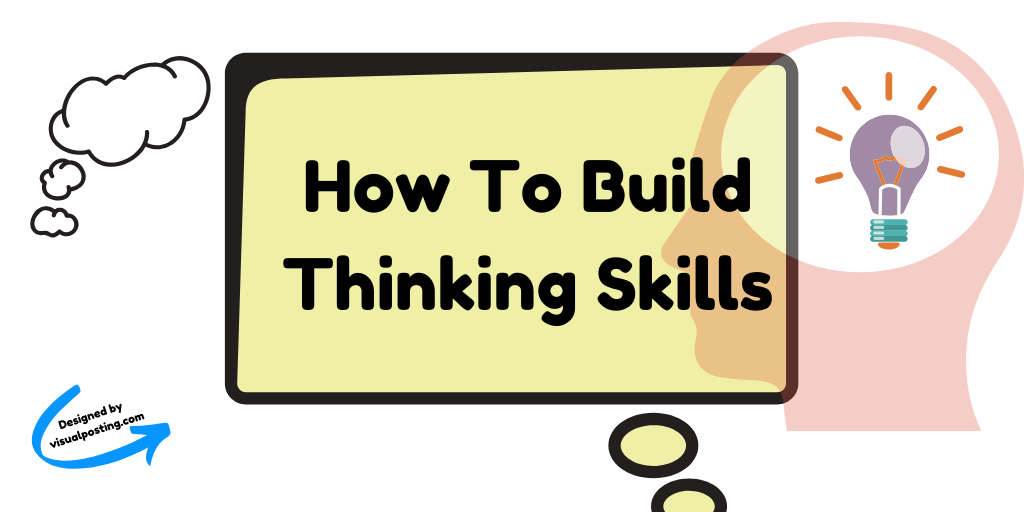
1.) BECOME A SELF-CRITIC
2.) ACTIVE LISTENING
3.) ADVERSE EMOTION
4.) COMMUNICATION SKILLS
5.) ASK YOURSELF FOR THE FIRST QUESTION THAT ARISES IN YOUR PROBLEM
6.) KEEP FAITH IN YOUR THOUGHT
7.) OTHER’S EXPERIENCE
8.) STEP-BY-STEP PROCESS
9.) HOW DID OTHERS DO
10.) NO PLACE FOR ASSUMPTION
11.) VALUE YOURSELF
12.) BELIEVE IN YOURSELF
13.) AVOID OVERCONFIDENCE
14.) SELF-DISCIPLINE
15.) EXCUSE YOURSELF
16.) LEARN FROM EXPERIENCE
17.) REGULAR EXERCISE
18.) GOOD HABITS
A few thoughtful points can help you to develop thinking skills
ADVERSE EMOTION:
Sometimes our senses of emotions become so strong on our minds that we could not even focus on the central point of issue. Don’t think of it as a problem of yours. You can approach this issue of emotion to solve your problem.
When you get angry or disappointed over something, it shows that you have expected something different from the result. Instead of getting angry, you need to find out what has changed the desired result to an average solution.
COMMUNICATION SKILLS:
Work on your communication skills. If you can’t communicate in a calm and nonviolent way, then whatever you think or how beautiful your thoughts are, it can not help you in your life. You need to learn how to represent your thoughts to someone else. So the person can easily get connected to your thoughts. It will be easy then to convince the person about the work you want him to do.
FIRST QUESTION:
You need to learn which question comes first. Ask yourself the first question that arises in your problem. Start from there. It will save you lots of time.
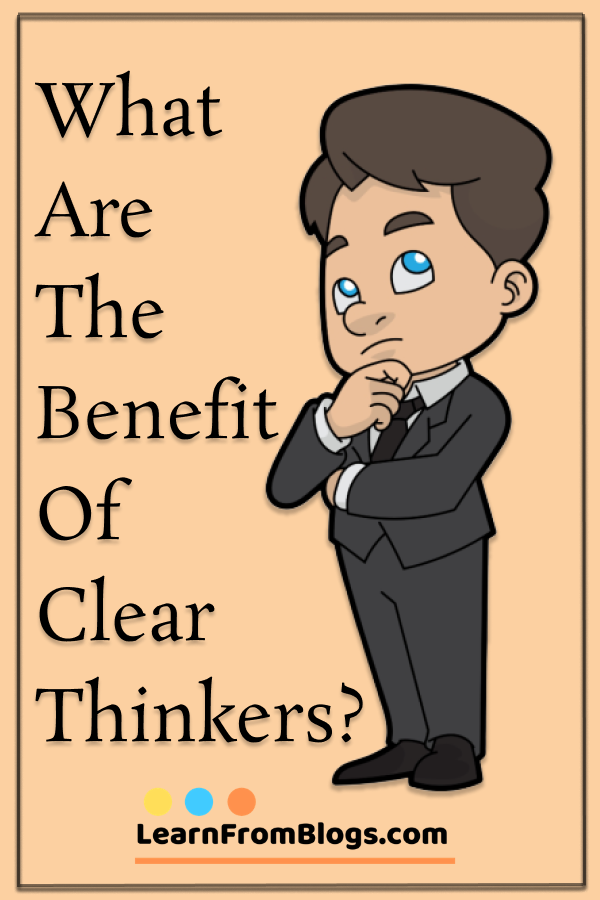
Clear thinkers can think critically and rationally. The ability to engage in independent and reflective thought is a blessing. A good memory does not mean clear thinking. In clear thinking, they process only useful information. They can deduct the consequences of a process.
Here I have pointed out some benefits that clear thinkers get on their careers.
i) Clear thinkers to love to learn more, and they tend to be lifelong learners.
ii) The mind can focus and make connections with all pieces of information. It gradually becomes a flow through which our body reacts.
iii) Success is not about a particular goal. Success is a lifelong journey. When you keep learning throughout your life, and then there is no point of matter that can make you unsuccessful in your life.
iv) Thoughts are fun when you have a clear mind. Clear thinking encourages new ideas to come out continuously. It makes you full as a human to push your boundaries far away.
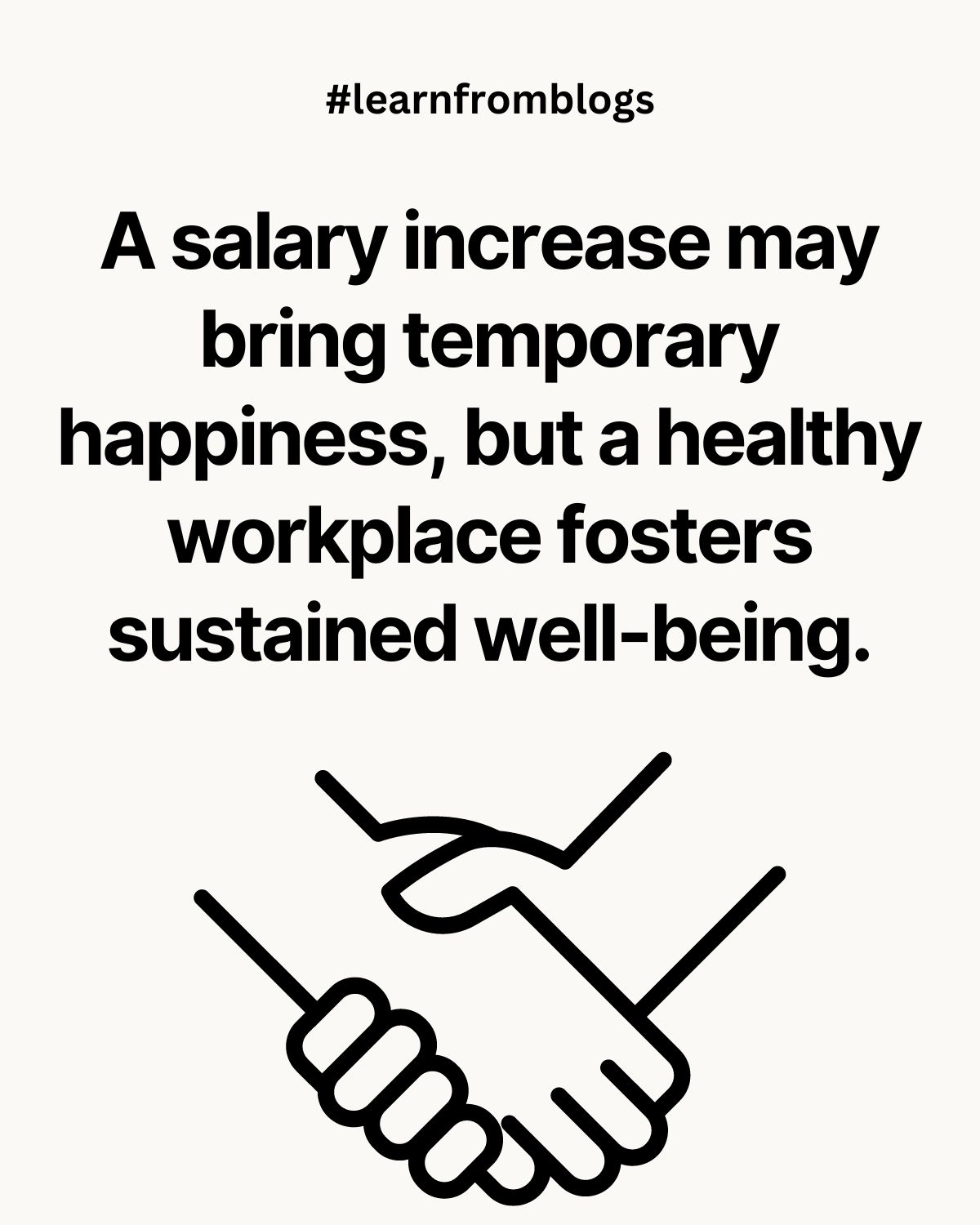
Discover the benefits of clear thinking for enhancing decision-making and clarity. Learn strategies to improve cognitive function and reduce mental clutter.
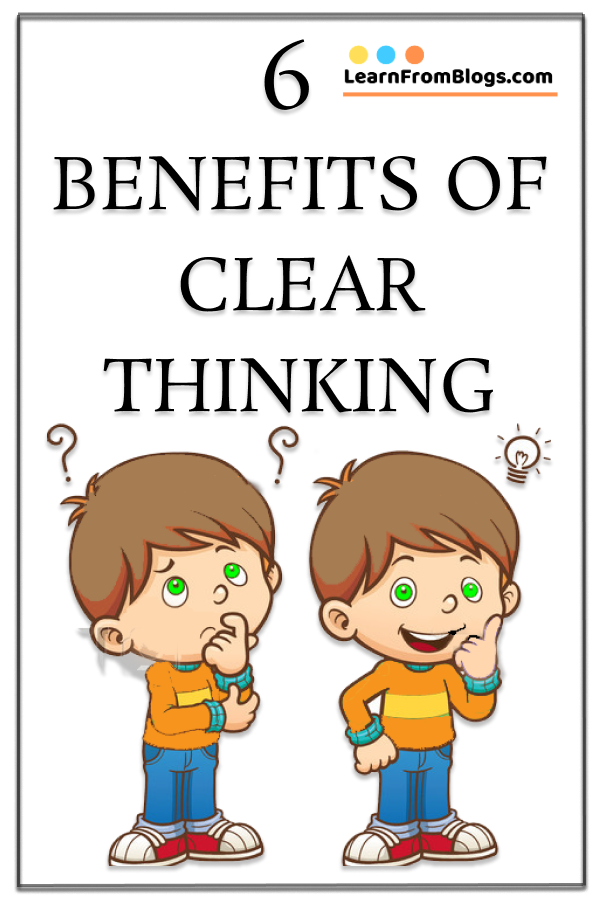
1.) Physical, mental, and creative energy remains at its peak. The person lives in a high energy state. They never run out of enthusiasm and passion for working.
2.) The clarity in thinking allows you to see what is beyond a general thinker.
3.) It gives the presence of mind. People can handle instant situations better and come up with immediate solutions.
4.) When you face instant problems, and you have to find solutions then, and then, you have to be creative. Your brain works faster than before, and creative ideas occur in your mind. You become more creative when you are a clear thinker.
5.) You will find numerous people who don’t have a clear mind. They don’t realize how beautiful things, situations, or experiences can be. When you are a clear thinker, you will get to experience all that magic in your life.
6.) If our brain does not work fast and cannot see beyond fuzz, then we never get all the details. To solve a problem, each missing piece of information is important.
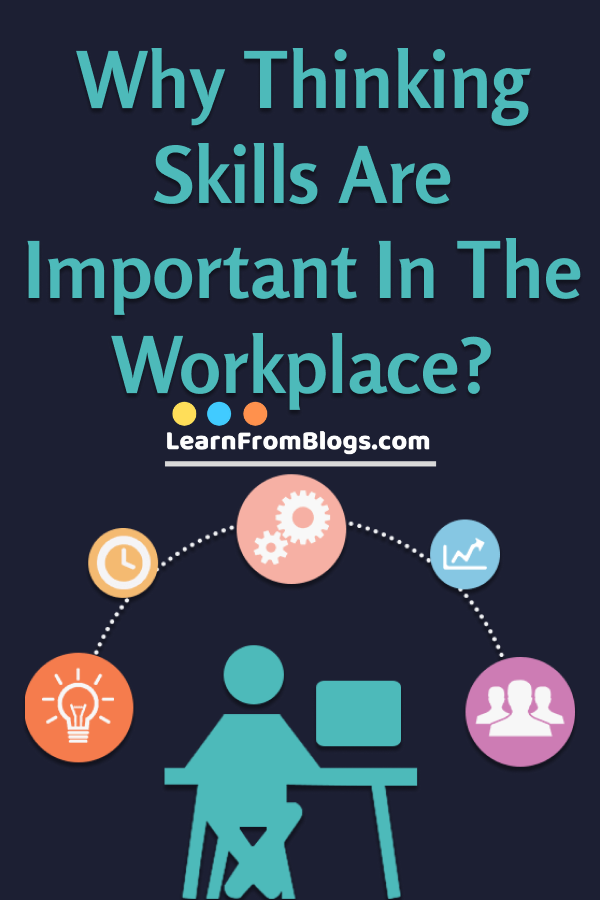
Many companies love to challenges their limits and eventually get better than their previous selves. They hire divergent thinkers to find a solution to difficult problems. DIVERGENT THINKERS get expertise in hardships with practice.
CRITICAL THINKING is increasingly valuable skill sets that are much required in various professions. It is the crucial point of success. In any profession, critical thinking helps us to analyze information, systematically solve problems, generate innovative ideas, plan strategically, and think creatively. After that, we present our work to others in such a way that others can easily understand it.
ABSTRACT THINKING is important in most workplaces. Where we are required to think instantly, learn new information quickly, and give birth to new skills fast. To form new strategies and solve new problems regularly, we need abstract thinking.
CONCRETE THINKING is a basic thinking process. Every creativity and up-gradation starts from here. When we need to learn new things at the office, we need concrete learning.

ANALYTICAL THINKING skills are very crucial in the workplace because these types of thinkers help you to gather information, articulate, visualize, and solve complex problems. As a team leader, if you have analytical thinkers in your team, you will always have some brownie points in your hands.
CREATIVE THINKERS give us a new and fresh perspective towards the problem and its solution. They do not entirely depend on past experiences. They are more likely to take the first step of a new method after analyzing every bits and con of the problem and its expected results.
When you are in a profession where you need to work fast and accurately, you have to use your convergent thinking skills. CONVERGENT THINKING skills give us proficiency and speed. We get the ability to work more logically.
It is the opposite of convergent thinking. It explores many numbers of solutions to find one that is effective. It does not start with a handful number of possibilities to converge to one solution. It goes beyond that. It allows us to search for every possible necessary outcome and moves outwards in search of the solution.
CAREER CHOICE:
Divergent thinkers tend to find new opportunities, look for new solutions, are more customer-driven, easier to train, and tend to have a broader outlook. That is why they become an asset to the organization. They show great potential for leadership. A divergent thinker’s skill is best used in the administrative field.
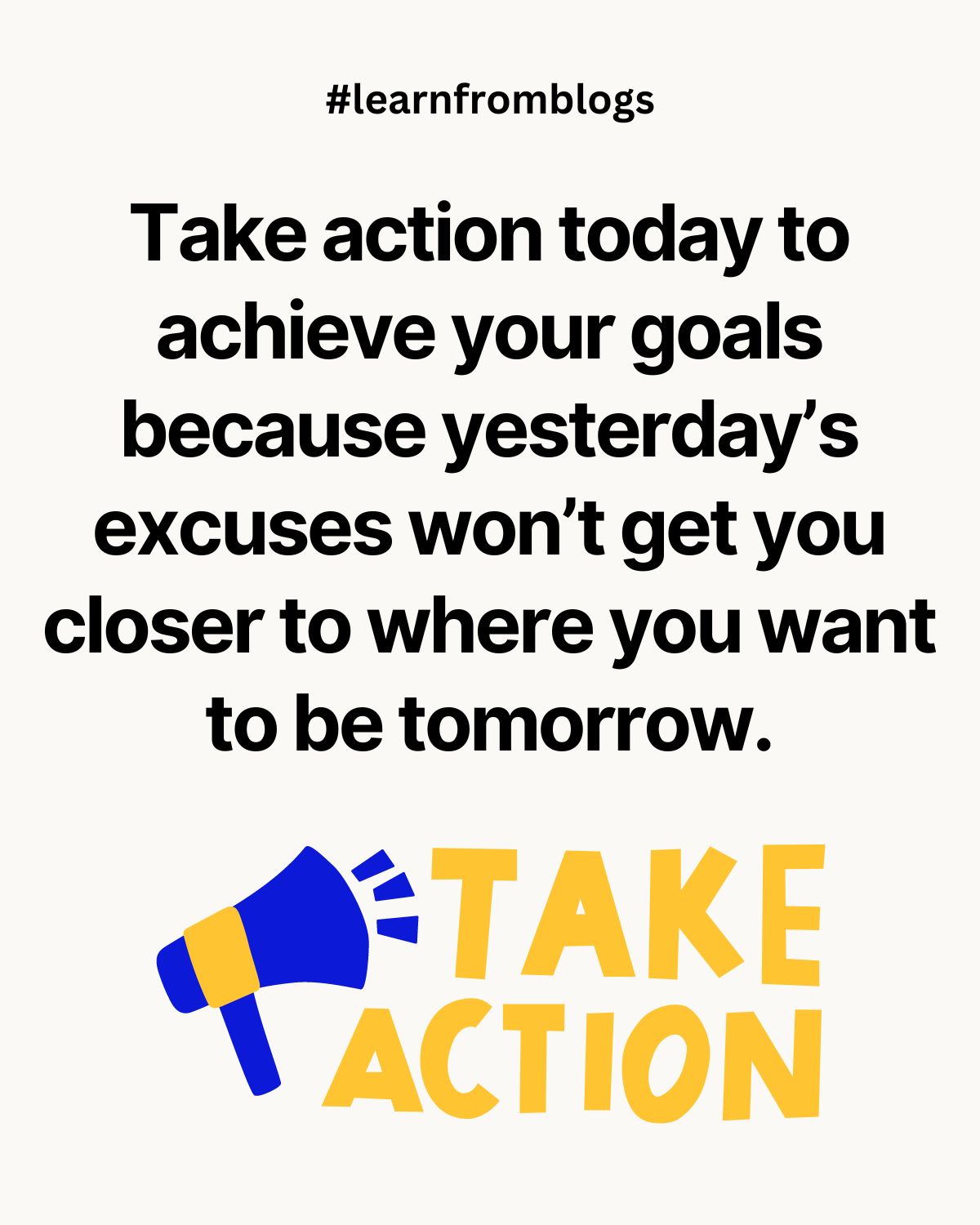
CONVERGENT THINKING
Imagine you have multiple-choice questions in the exam. For an answer that you will process convergent thinking.
In this thinking process, we combine a finite number of perspectives or ideas to find a single solution. Convergent thinkers will target all possibilities to converge each option to come up with a single solution.
CAREER CHOICE: You already know that every career field has its best-fit people. When people with particular expertise join their best-suited field, then they get a higher chance to grow in career. As convergent thinking is conceptual learning, a person who is a convergent thinker must choose a profession where they use their skills. Teachers, doctors, engineers, mathematicians, etc. are the most glorious field for the convergent thinker.
CONCRETE THINKING
Concrete thinking focuses on the basic and literal form of thinking. It is all about thinking of data, figures, statistics of specific items. It does not evaluate the theoretical representation of general ideas.
CAREER CHOICE: Concrete thinkers are generally working better than in groups. Many fields require concrete sequential learners like statistical analysis, accounting, banking, financial writer, business analyst, and insurance claims adjuster, etc.
CRITICAL THINKING
Critical thinking is a level up than analytical thinking. Critical thinkers exercise careful evaluation to determine the authenticity, precision, importance, certainty, and value of the problem. Then they break down all the information to connect every link to the solution. It explores every single element that could influence the conclusion.
CAREER CHOICE: Critical thinkers analyze a problem, situation, or scenario in an unbiased way to anticipate potential problems, and come to logical conclusions. Some of the world’s highest-paying jobs want critical thinker as its employee like business analysis, lawyer, accountant, judge, criminologist, logistic manager, etc.
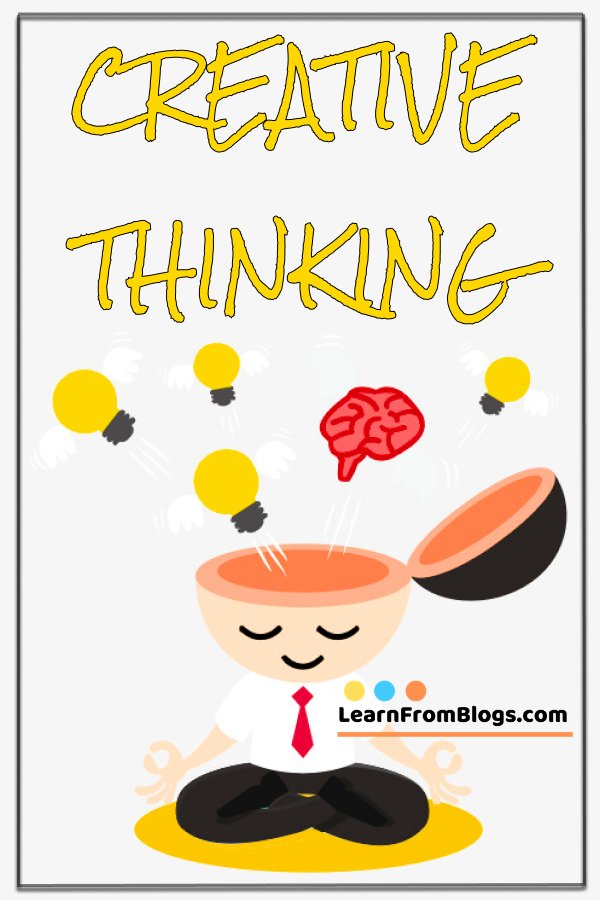
Creative thinkers think out of the box. They have no limitations in their thinking. Only because of this, they come up with ingenious solutions to solve their crisis. They like to challenge the form of traditions and norms of society. That’s how it gives birth to new ideas and ways of thinking.
Sometimes, they face hardships from society. Because any new idea is unacceptable to society in the literal term. Creative thinkers hold mind control and energy to test the authenticity of their thinking.
CAREER CHOICE: There is a long list of high paying jobs for creative thinkers.
- Music composer & lyricist
- Filmmaker
- Interior designer
- Set and exhibit designer
- Curator
- Makeup artist
- theatre artist
- Copywriter
- Poet and writer
- creative writer
- Instructional designer or technologist
- Art, drama, music teacher
- Foreign language teacher, etc
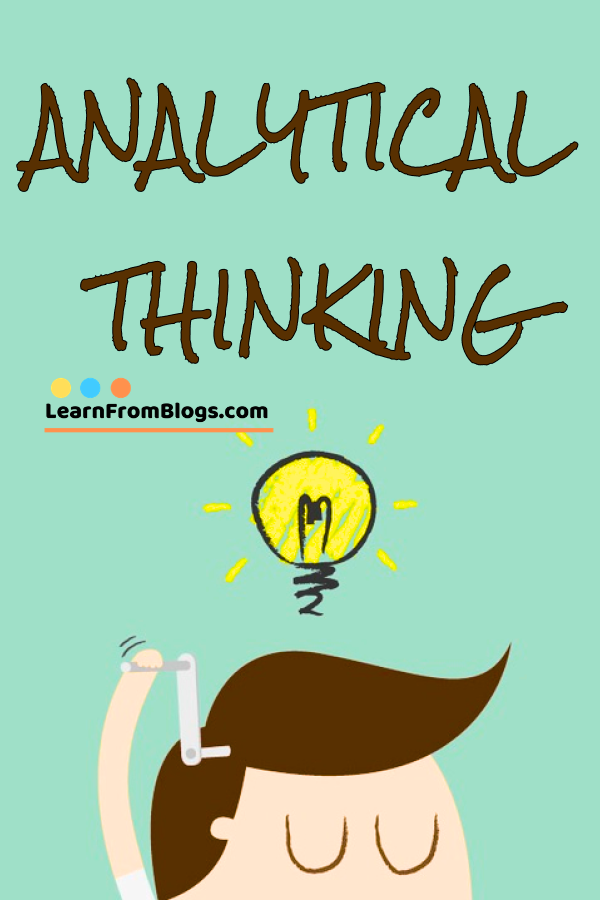
Analytical thinking values logic more than emotions. That makes them expert problem-solvers with a structural and methodical way of approaching problems.
But sometimes it ends up in overthinking.
CAREER CHOICE: Psychologists say that human nature is to choose the right question then find an answer. Analytic thinkers use their skills for a search of a problem and its solution. Some best-fitted careers are accounts, logistic, project management, ICT, health and safety dept., etc.
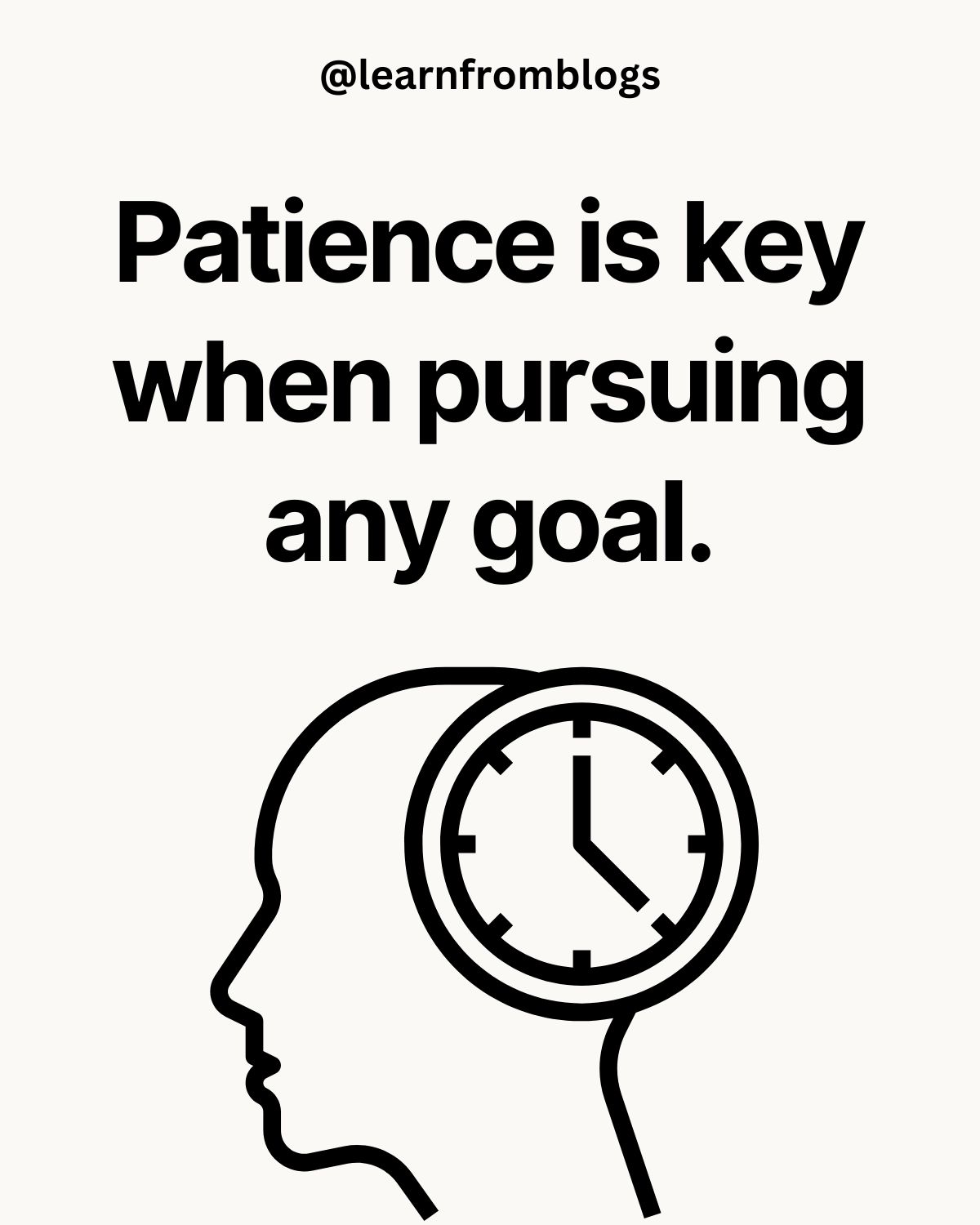

Abstract thinkers can relate random things at a single line. They are blessed with the vision to see the bigger picture. They find valuable connections when others find it difficult to see.
They can look beyond what is seen in bare eyes and search for a hidden truth. They can read between the lines. They find excitement in solving cryptic puzzles. They get bored quickly when they have nothing to think about.
CAREER CHOICE: Abstract thinkers love concepts. For them, concepts are physical facts. Careers in art, mental health, communication, design, and education are suited for an abstract thinker.
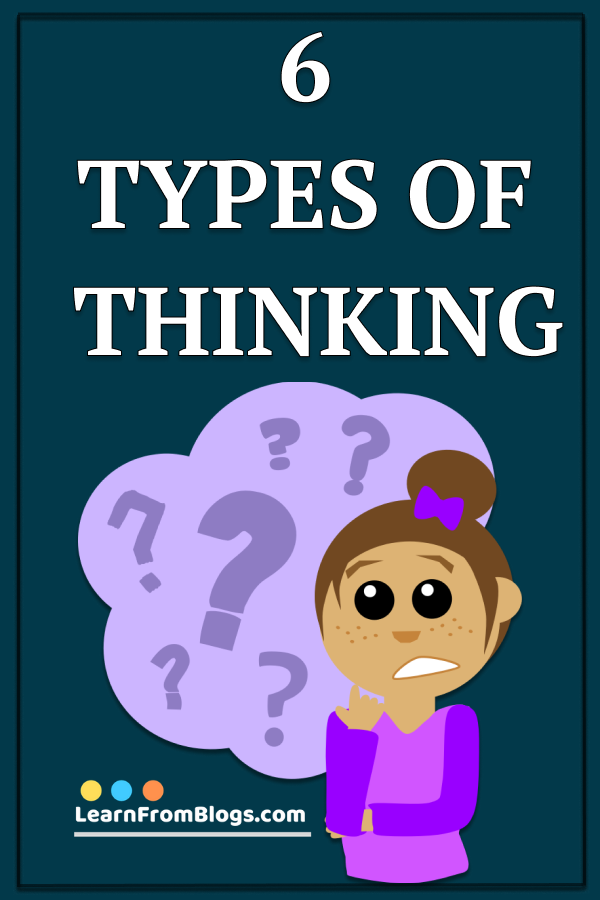
There are several types of thinking. Some of these types oppose each other.
Concrete Thinking vs. Abstract Thinking
Convergent Thinking vs. Divergent Thinking
Creative Thinking vs. Analytical Thinking
6 types of thinking
1.) ABSTRACT THINKING
2.) ANALYTICAL THINKING
3.) CREATIVE THINKING
4.) CONCRETE THINKING
5.) CRITICAL THINKING
6.) CONVERGENT THINKING
7.) DIVERGENT THINKING
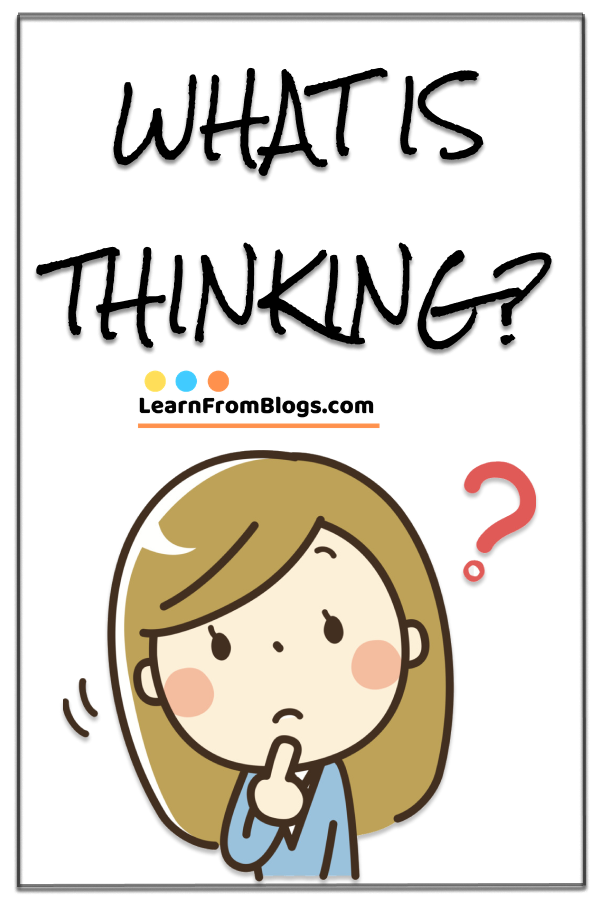
Thinking is a mental process by which we manipulate information. Thinking is the ultimate cognitive activity used to form concepts, solve problems, decide, and create new ideas.
Thinking is a synaptic process. It allows us to organize information, to use our previous experience, to relate them, to find the right question, to analyze our perspective on the situation. Then we can decide what or how we want to react.
Whatever we do or we want to do, it shows our thinking on the matter.
It starts in early life. After that, we keep learning how to think. It continues until our hearts stop beating.
To be accepted as socially, we are expected to think in a particular way that is harmonious to all. But history testifies that every famous person has been the pioneer of new thinking. So it’s time to challenge your old thinking to do something path-breaking.



